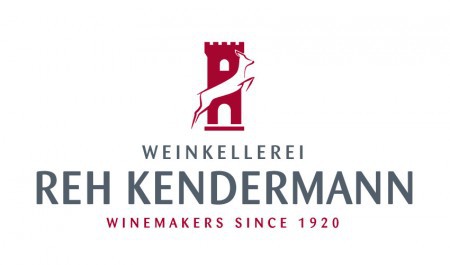Whisky maker William Grant & Sons donates to campaigns against Scottish independence
Spirits firm William Grant & Sons has donated money to several groups who are campaigning for a "no" vote in the upcoming Scottish independence referendum.
Spirits firm William Grant & Sons has donated money to several groups who are campaigning for a "no" vote in the upcoming Scottish independence referendum.
According to a BBC report, one single donation to the Better Together campaign group is estimated to be around £100,000.
William Grant & Sons told the BBC in a statement: "We can confirm that the company has made these donations. We support the stance of the Scotch Whisky Association over independence and would refer you to their recent statement that the Scotch whisky industry enjoys substantial support from the UK government and its worldwide embassy network and from lack of trade barriers within the EU."
The company, which in 2013 turned over £1.06 billion last year, makes Glenfiddich, Grants and the Balvenie whiskies alongside a host of other brands including Hendricks gin and Sailor Jerry spiced rum.
In the Scotch Whisky Association's Annual Review 2013, chief executive David Frost said:"The people of Scotland face a historic choice in September's independence referendum. The implications are huge."
Specifically, Frost stated the benefits and some success of the Scotch industry as being linked with England. He said, "It has come about because of a wide range of factors which have been well provided for us within the United Kingdom and would need to be similarly provided in the future if it were to be within an independent Scotland."
Frost outlined concerns and potential risks that could potentially be damaging to the Scotch industry at a domestic and European level.
Frost said: "At the UK level, we are fortunate to have - on the whole - certainty in our domestic business environment. Monetary and fiscal policy is predictably managed. In contrast, as of now, the nature of an independent Scotland's currency remains unclear, and self-evidently this could affect our exports, management of supply chains, pricing, and competitiveness. The taxation regime also remains to be developed, and any regulatory divergence between Scotland and the rest of the UK may increase costs to business. In all these areas, we need further information and reassurance before we can assess whether we can mitigate these potential risks".
"At the EU level, the legal framework provided by EU membership is fundamental. The 'Scotch Whisky' geographical indication is protected in EU law. We are able to export tariff-free across the single market, use EU mechanisms to eliminate market access problems, and benefit from the EU's clout in trade negotiations. But even a temporary interruption of EU membership involving exclusion from the single market or the customs union, if this were a consequence of independence, would be damaging and difficult to manage," said Frost.
He did indicate that regardless of the result, the Scotch Whisky Association is "committed to working with government in the future to deliver sustainable economic growth - either helping to shape the policy regime for an independent Scotland or engaging in the debate about further devolution."





